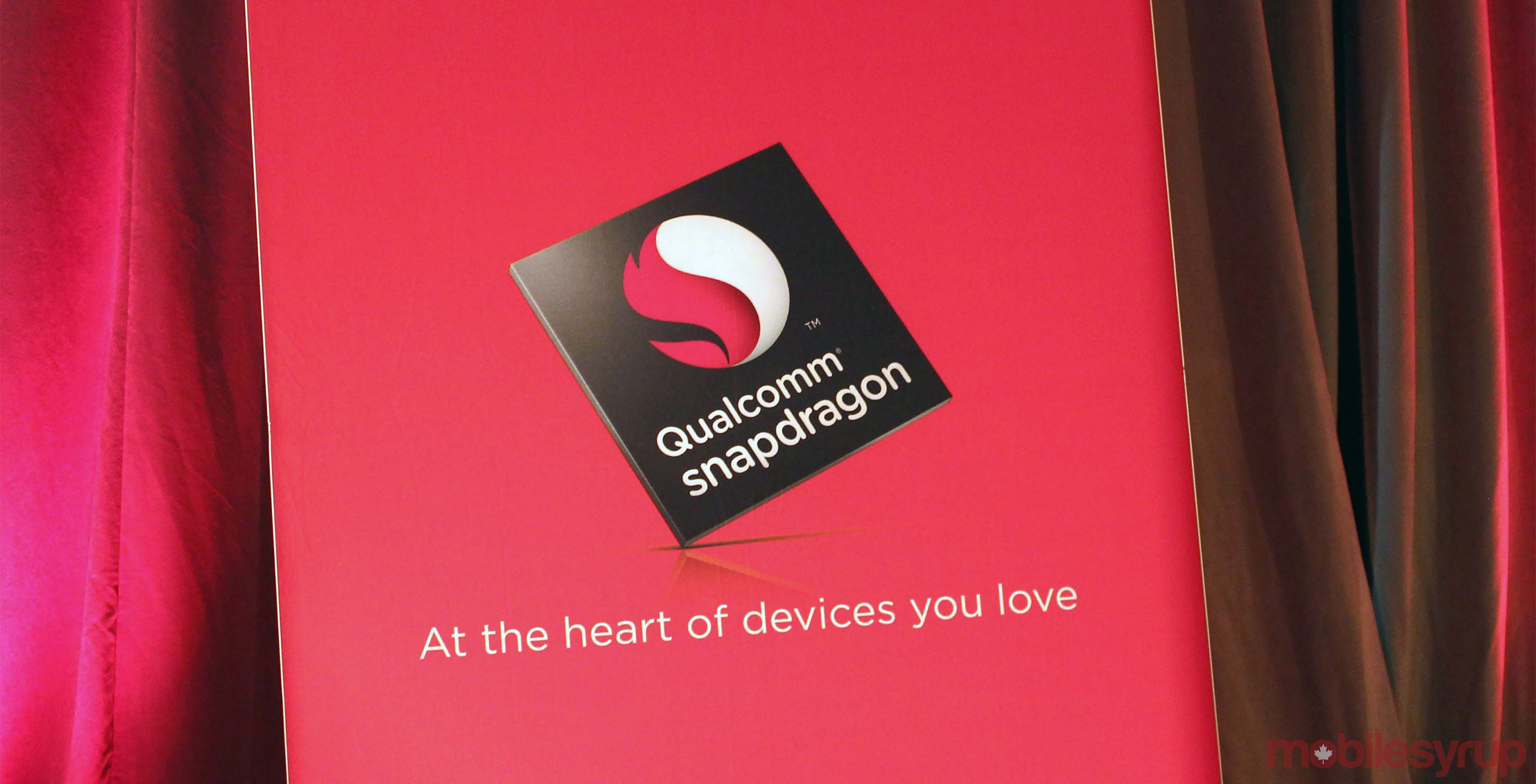
Qualcomm is two steps closer to getting its NXP acquisition off the ground, with approval both from the European Commission and and Korea Free Trade Commission.
The chipset manufacturer now only needs China’s approval in order to move forward with the deal, which has lost some NXP stockholder support during the lengthy approval process.
European and South Korean antitrust regulators were concerned the deal would lead to higher prices, reduced innovation and fewer choices, but Qualcomm was able to assuage those fears by agreeing to several conditions.
Among them: Qualcomm will exclude certain near-field communication (NFC) patents from the proposed transaction and ensure that NXP licenses those patents to third parties. The San Diego-based company also promises it will maintain interoperability between Qualcomm’s baseband chipsets and NXP’s NFC chips and rivals baseband chipsets and NFC chips.
“We are optimistic that China will expeditiously grant its clearance,” said Steve Mollenkopf, CEO of Qualcomm, in a press statement.
“Acquiring NXP is complementary to Qualcomm’s global portfolio, providing tremendous scale in automotive, IoT, security and networking and will greatly accelerate our ability to execute and create value in new and adjacent opportunities.”
On January 12th, Qualcomm extended its offer to buy all outstanding common shares of NXP until February 9th, 2018.
As it stands now, Qualcomm reports approximately 1.7 percent of the outstanding NXP common shares have been tendered. It needs at least 80 percent of NXP’s outstanding shares for the deal to go through.
The acquisition is an important point of leverage for Qualcomm as it fends off a hostile takeover attempt from Broadcom, but it noted in a recent stockholder letter that a large share repurchase would also be beneficial for Qualcomm stakeholders.
Source: Qualcomm
MobileSyrup may earn a commission from purchases made via our links, which helps fund the journalism we provide free on our website. These links do not influence our editorial content. Support us here.


